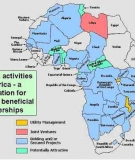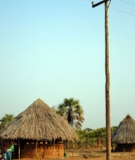Protecting rivers and defending the rights of the communities that depend on them.
International Rivers, 1330 Broadway, 3rd Floor, Oakland CA 94612, USA
Tel: +1 510 848 1155 | Fax: +1 510 848 1008 | Email
Donor & Visitor Privacy Policy | Financial Statements | About Us
Please direct all inquiries, comments, and error reports to our contact form.
International Rivers is licensed under Creative Commons




